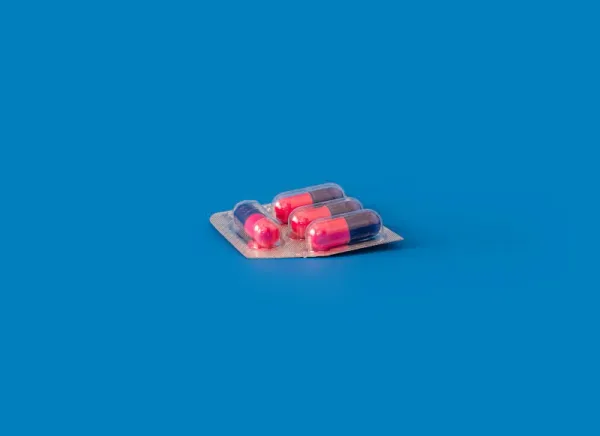An update on Retatrutide (May 2025)
We take some time to check in on Retatrutide -- an update on how research and trials are progressing, and relevant news.

Retatrutide is a GLP1 Receptor Agonist being developed by Eli Lilly that we posted about last year:

So how's it going with Retatrutide? Well things are progressing quite nicely – some key research was released in January and so this is a great time (better late than never!) to go through and see what's changed on the Retatrutide front.
Meta-analysis: Reta outperforms other GLP1s
In January of this year, a metastudy/research paper found that retatrutide was wonderfully effective:

In particular, once-weekly Retatrutide at 12mg produced greater weight loss than other GLP1s:
Retatrutide (12 mg once weekly) produced greater weight loss of up to 22.1% (CI, 19.3% to 24.9%) after 48 weeks; other novel single and combination GLP-1 agents were also efficacious to varying degrees
Want to read the rest of our analysis and the more recent papers? The rest of this article is no longer available for free – if you'd like to read the rest of our analysis, check us out on Substack:






